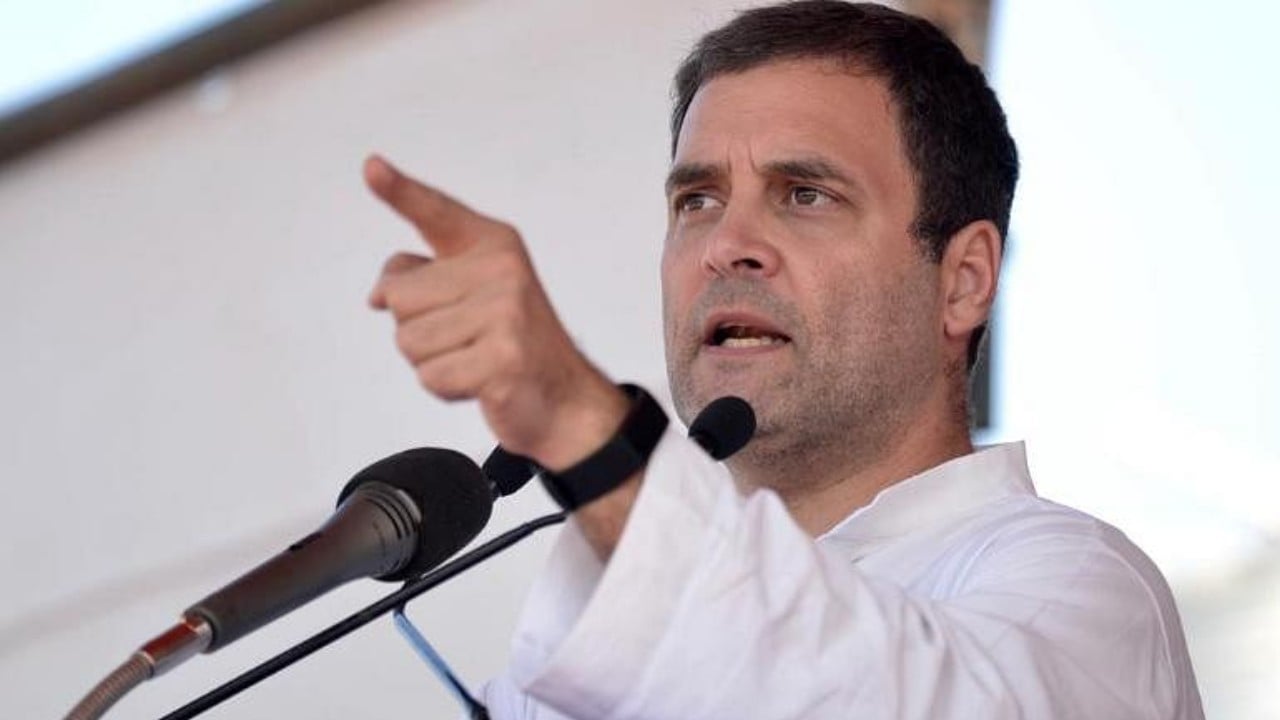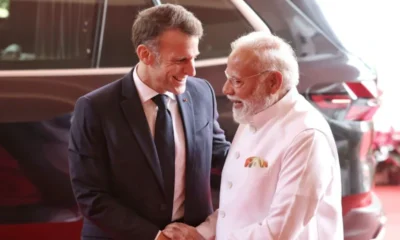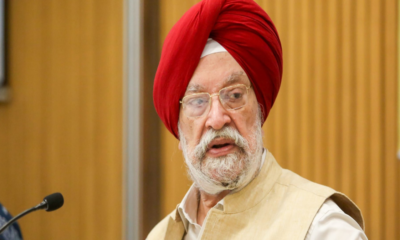India News
Rahul Gandhi slams Centre over Covid death numbers, says Science doesn’t lie but PM Modi does
Former Congress chief Rahul Gandhi on Friday slammed the Central government over a World Health Organization’s report which claimed that there were 4.7 million Covid deaths in India and also accused Prime Minister Narendra Modi of lying to the nation.

India News
Tamil Nadu potboiler: Now, Sasikala to launch new party ahead of election
Sasikala has announced the launch of a new political party ahead of the Tamil Nadu Assembly elections, positioning herself against AIADMK chief Edappadi K Palaniswami.
India News
As stealth reshapes air combat, India weighs induction of Sukhoi Su-57 jets
India is assessing the possible induction of up to 40 Sukhoi Su-57 fifth-generation fighter jets as stealth becomes central to future air combat strategy.
India News
RSS chief backs nationwide rollout of Uniform Civil Code, cites Uttarakhand model
RSS chief Mohan Bhagwat has supported nationwide implementation of the Uniform Civil Code, urging adoption of the Uttarakhand model.
-

 India News19 hours ago
India News19 hours agoDMK leader’s son arrested after car rams family in Krishnagiri, one dead
-

 India News18 hours ago
India News18 hours agoRSS chief backs nationwide rollout of Uniform Civil Code, cites Uttarakhand model
-

 India News9 hours ago
India News9 hours agoAs stealth reshapes air combat, India weighs induction of Sukhoi Su-57 jets
-

 Cricket news9 hours ago
Cricket news9 hours agoRinku Singh returns home from T20 World Cup camp due to family emergency
-

 India News8 hours ago
India News8 hours agoTamil Nadu potboiler: Now, Sasikala to launch new party ahead of election













